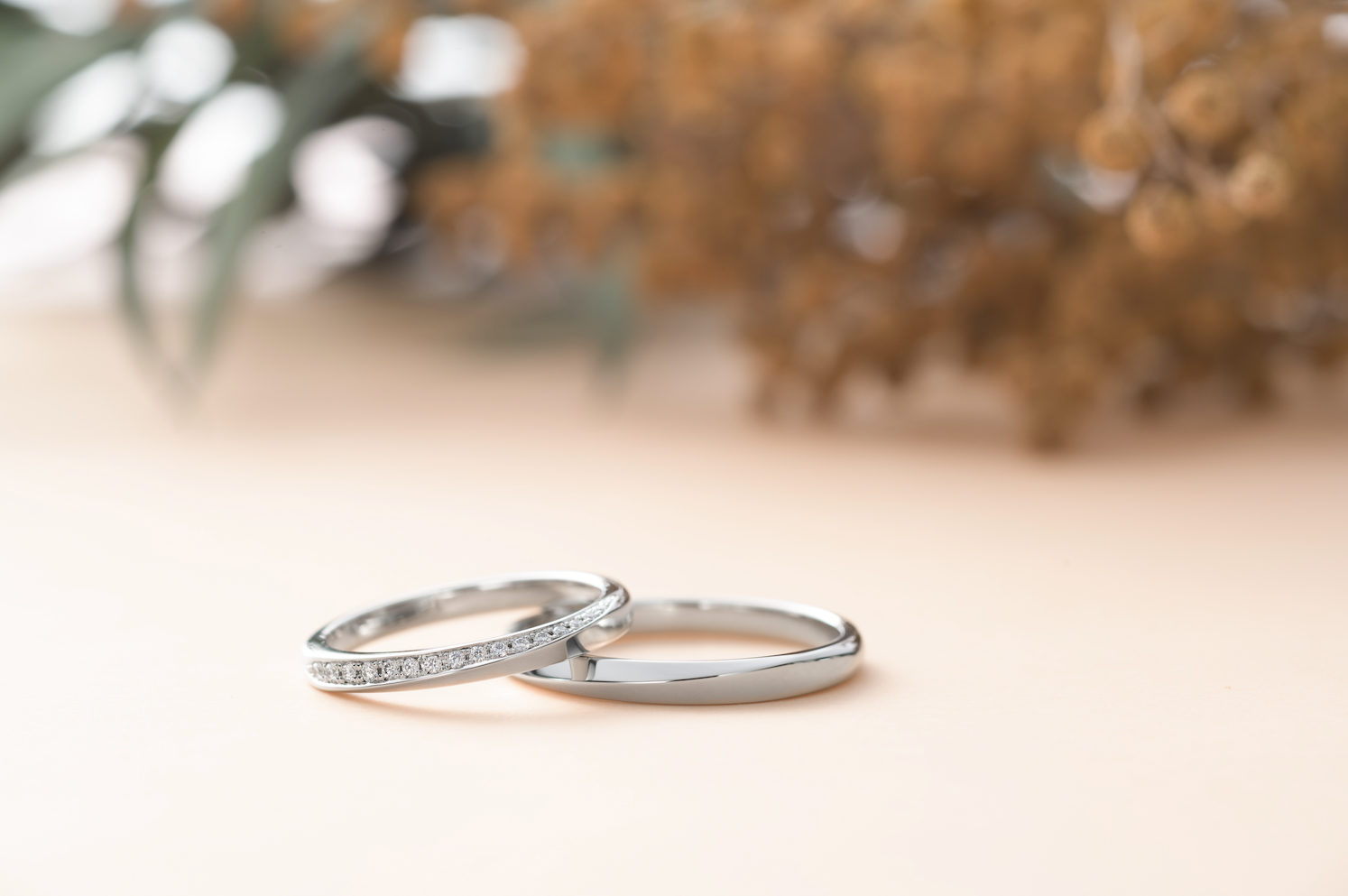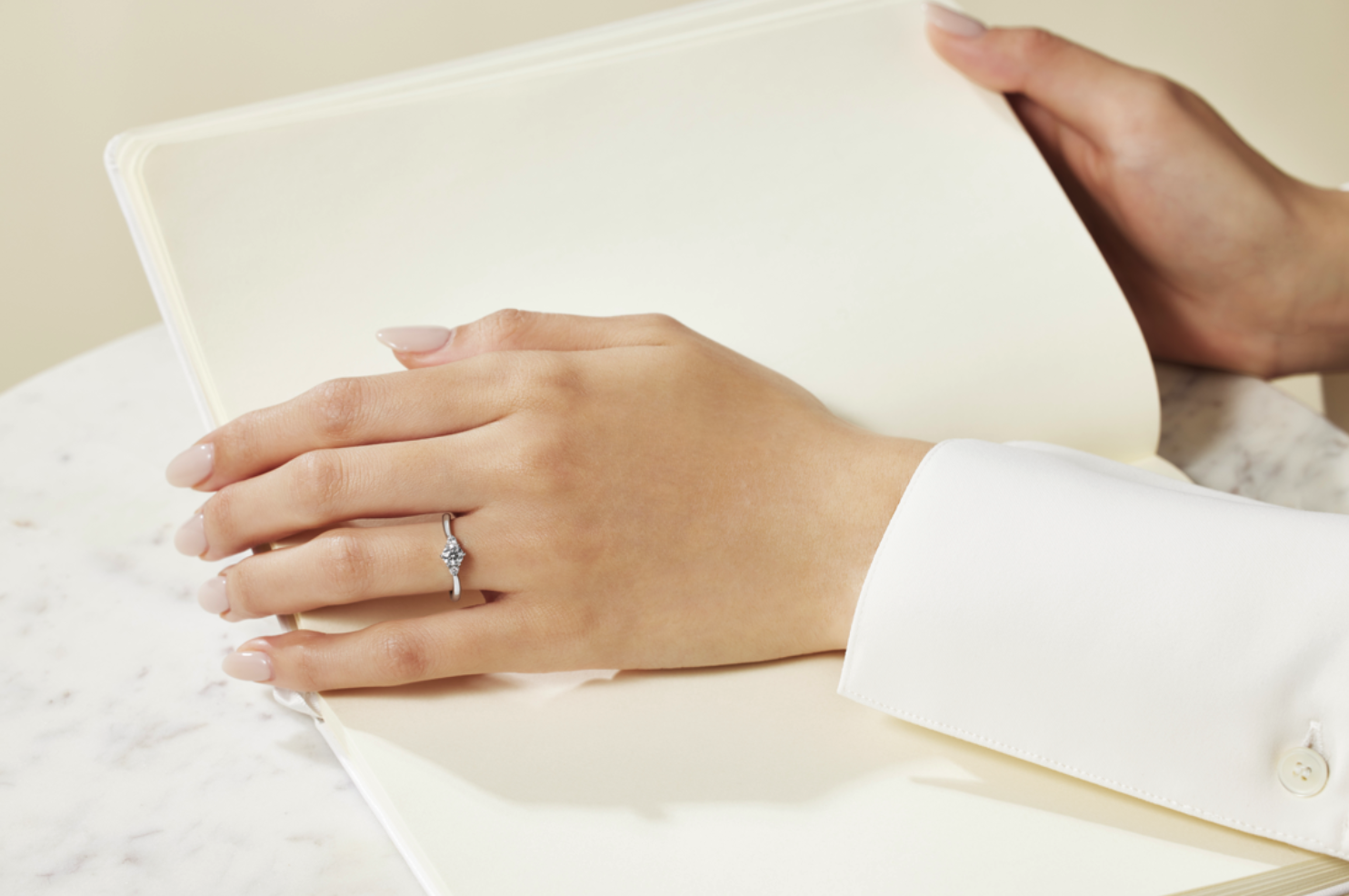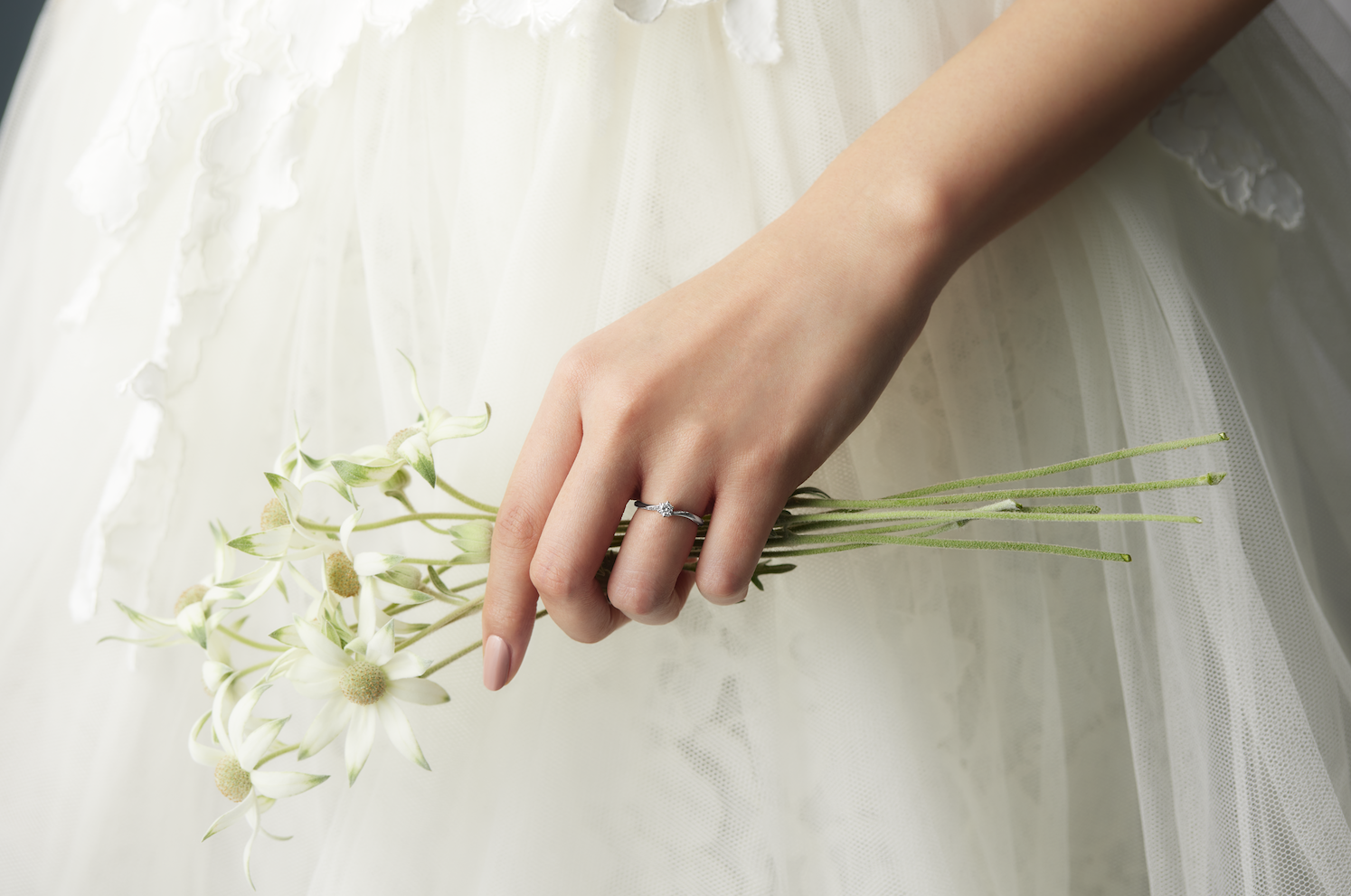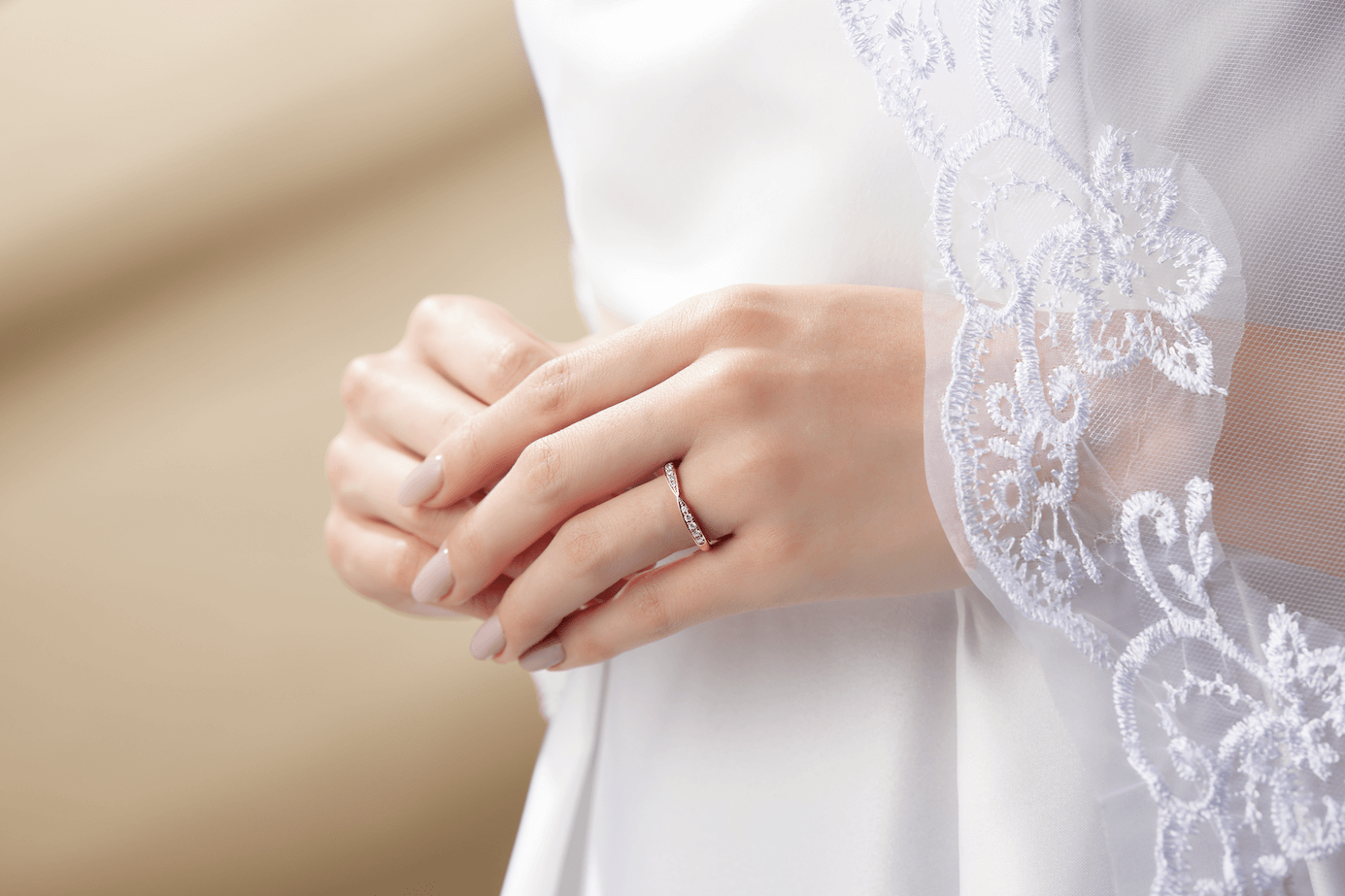Singapore’s tropical climate means sunny skies one moment and torrential downpours the next. It’s a reality hardly ideal when planning an outdoor solemnisation or a picturesque photoshoot. Add to that the long-standing preference for auspicious dates, which often cluster in certain months, and you might find yourself torn between an ideal feng shui date and a rainy December afternoon.
So, how do you handpick a date that aligns with the heavens (both meteorologically and metaphorically)? From monsoon-proofing your plans to understanding the undervalued charm of off-peak weddings, here’s how to choose a date that’s as practical as it is meaningful.
Understanding Singapore’s Wedding Seasons
The Climate Factor
Singapore’s equatorial location promises warmth and humidity all year long, but the most dramatic influence comes from the monsoon seasons. These are namely the Northeast Monsoon (December to early March) and the Southwest Monsoon (June to September). Unleashing heavier and persistent rain, these periods are infamous for disrupting outdoor plans and require backup preparations. Conversely, inter-monsoon months of March to May and October to November tend to offer more stable, albeit still tropical, weather patterns. Early-April temperatures are more comfortable, humidity dips a touch, and showers tend to pass quickly, giving couples more confidence in scheduling outdoor events and photography sessions.
Tip: Whether a hotel ballroom, community hall, temple, church, or function venue, Singapore’s tropical climate still affects guest comfort and logistics. Even for mostly indoor events, factor in travel between locations, photography sessions, and outdoor rituals. Schedule these during cooler, drier parts of the day and arrange sheltered walkways or transport to keep everyone dry and comfortable.
Popular Wedding Months
Weddings in Singapore tend to concentrate around certain months by virtue of cultural preferences. Traditions steer many couples towards auspicious dates throughout the year, mostly falling in March, May, September, and November—periods that often book out venues months ahead. These are interspersed between major cultural festivals like Chinese New Year, Deepavali, and Hari Raya Puasa. Many believe the favourable timing ushers in prosperity and harmony.
The appeal of these months goes beyond superstition. Couples are often attracted to their relatively cooler evenings and more reliable weather, making them doubly popular for engagements and solemnisations.
Tip: Secure your venue and vendors well in advance (best a year ahead) if you’re planning a wedding in popular months. This withdraws you from peak-season competition and gives you more flexibility to select meaningful dates and coordinate smoothly around major festivals.
Cultural and Superstitious Considerations
Singapore’s multicultural fabric breathes life into the wedding-date selection process, imbuing it with depth and tradition. In Chinese culture, auspicious dates are carefully chosen using the lunar calendar, feng shui principles, and the Tong Shu (traditional Chinese almanac). These dates are believed to confer blessings and are often snapped up well in advance. Malay Muslim couples may navigate the Islamic calendar to avoid Ramadan or other significant periods, while Hindu ceremonies rely on astrology and Muhurtham (the carefully timed alignment of celestial bodies) for resounding spiritual resonance. Even for those who aren’t deeply traditional, aligning with an auspicious date often fosters familial goodwill. In the local context, parents or elders usually play a consultative role (sometimes decisively) in nudging the couple towards specific dates. Doing this ensures the couple’s selection honours tradition, preserves cultural continuity, and satisfies generational expectations.
Tip: Secure auspicious dates quickly if they matter to your family. Getting parents involved from the start helps everyone stay on the same page with traditions, expectations, and plans.
Popular Wedding Periods in Singapore by Community
|
Community |
Weather and Seasonal Considerations |
Cultural and Religious Factors |
Typical Auspicious Periods |
|
Chinese |
Drier months (Feb–Apr) are preferred for better weather and less risk of heavy rain. |
Avoid 7th lunar month (Ghost Month) and dates clashing with couple’s zodiac signs; often schedule after Chinese New Year for symbolic “new beginnings.” |
Late Feb – mid-Apr; Aug (except 7th lunar month); early Dec |
|
Malay-Muslim |
Weddings can be held year-round, but avoiding wetter Nov–Jan period reduces weather disruptions for outdoor setups. |
Avoid Ramadan (fasting month) and Hari Raya Aidilfitri/Haji weeks; prefer school holiday periods for guest convenience. |
Mar – early May; late Jun – Aug; mid-Sep – mid-Nov |
|
Indian-Hindu |
No major climate restrictions locally, but many follow Indian wedding season patterns for symbolic reasons. |
Align with “Shubh Muhurat” periods based on Hindu lunar calendar; avoid Chaturmas (mid-Jul to mid-Nov) and major religious festivals like Deepavali. |
Mid-Jan – mid-Mar; late Apr – early Jun; early Dec – mid-Jan |
Practical Factors That Influence Your Date

As much as heartfelt intentions should guide the final choice, practical matters inevitably come into play when picking a wedding date. Popular venues like iconic hotels, heritage halls, and scenic gardens, are often reserved years ahead, particularly for lucky or culturally significant dates. Booking weekdays or off-peak periods not only opens up more options but can also ease the strain on your budget and allow for greater room to personalise your experience.
Public holidays and long weekends may seem convenient, yet they often coincide with travel plans or family engagements, making attendance unpredictable. A wisely-chosen weekday during a quieter period can provide both peace of mind and better value.
Weather-Proofing Your Big Day
Even with predominantly indoor venues, Singapore weddings benefit from weather-conscious planning. It’s important to consider that sudden tropical showers can affect guest arrivals, inter-venue travel, and outdoor photography, so details like sheltered drop-off points and covered walkways aren’t wasted effort. For events with outdoor segments, such as garden solemnisations or terrace receptions, clear marquees or retractable awnings can maintain ambience without sacrificing comfort. As the old adage goes, it’s better to be safe than sorry.
Timing certain activities like couple portraits for gentler midday or early-evening light can also make a marked difference in both atmosphere and images.
The Underrated Charm of Off-Peak Weddings
Picking an off-peak wedding date has its own unique perks. It’s an unspoken advantage that fewer weddings on the calendar often mean vendors from all across the board have greater bandwidth to customise their service and offerings. This translates into more thoughtful details and a personal touch to your day.
The financial benefit, too, is tangible: many venues and vendors offer discounts up to 40% during slower months, making premium experiences more attainable. Guest attendance may also improve as routes are less congested and fewer social commitments compete for presence. Off-peak weddings are thus seen as a sensible and considerate alternative for couples who want a laid-back but well-planned wedding that suits their pace.
Choosing Dates with Personal Significance
Aside from tradition and weather, some of the most memorable weddings happen on dates whose meaning only the couple truly understands. It could be the anniversary of your first meeting, the day you adopted a fur child together, or even a loved one’s birthday to honour their memory. These dates give your celebration an extra layer of intimacy and storytelling, one that resonates more deeply with the people at the heart of the ceremony than the most sought-after “lucky” date on the calendar.
By pairing a personally significant date with an off-peak season, you not only make your wedding indisputably yours but also sidestep the rush for popular weekends. This gives you the liberty of more choice, flexibility, and attention from your vendors. It’s a date that tells your story, and year after year, reminds you on every anniversary why that day is so special.
Final Thoughts

Selecting a wedding date in Singapore is a profoundly personal journey inadvertently shaped by climate, tradition, and planning. Most would find that the perfect date is one that honours your values, respects the weather, and supports your budget. Combining auspicious timing, reliable weather planning, and off-peak flexibility with thoughtful coordination creates a seamless and meaningful day that feels entirely yours.
And when it comes to capturing that magic in a symbol that endures, allow I-PRIMO to guide you. With rings forged in both timeless elegance and exquisite modernity, our consultations ensure that each piece reflects your story and your chosen day. Book your reservation today, and let the journey to your perfect ring begin.




